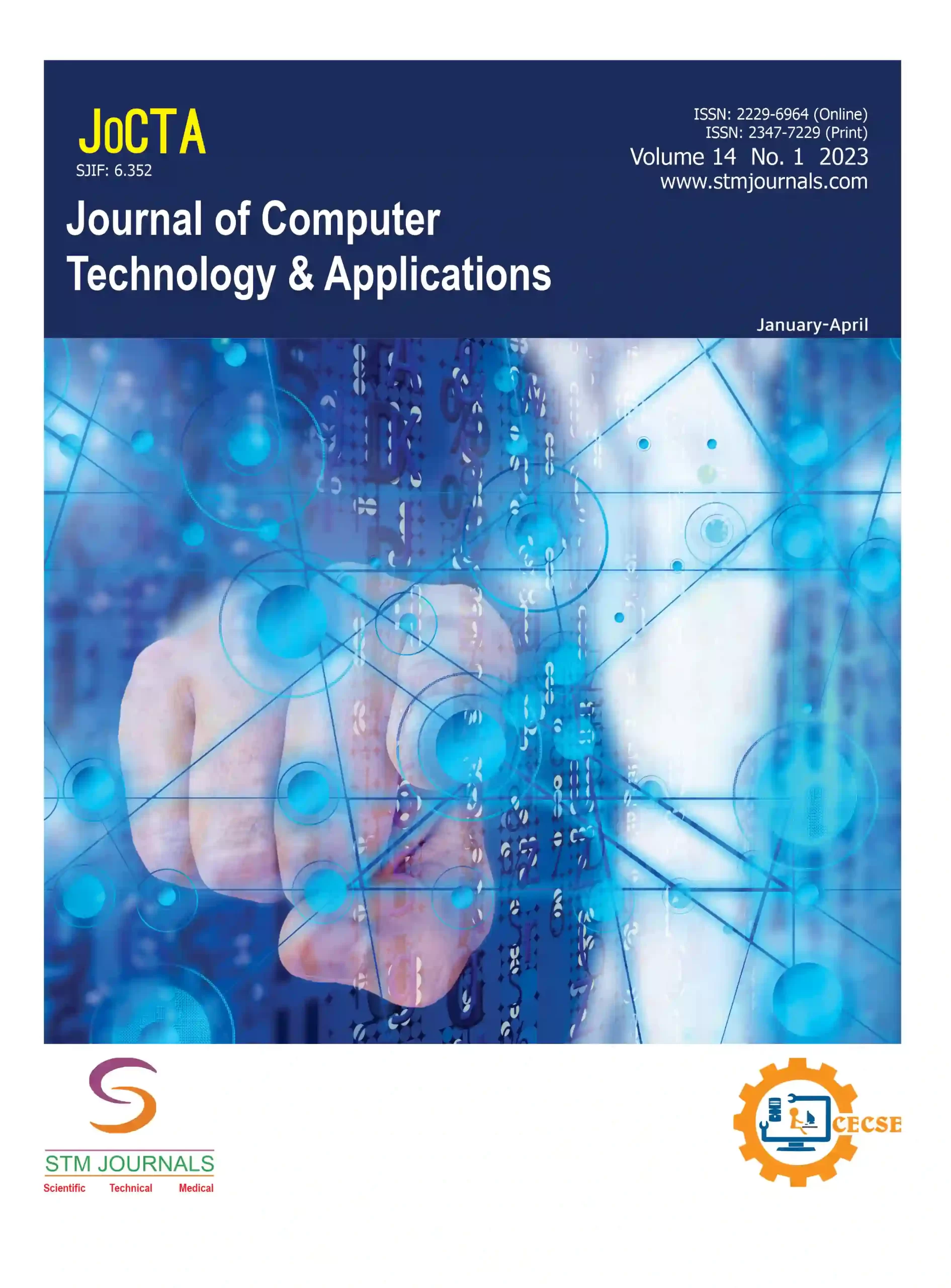Reviewer Guidelines
Last updated: 23 Aug 2025
Instructions for Performing Review
Pre-Review Considerations
- Expertise: Ensure that you have the appropriate level of expertise in the subject area of the manuscript. If you are not an expert in the area, consider declining the invitation to review or recommending a colleague who is more qualified.
- Conflict of Interest: Check for any potential conflicts of interest, such as having collaborated with the authors or having a personal relationship with them. If you have any conflicts of interest, disclose them to the editor immediately.
- Time: Consider whether you have the time to complete a thorough review within the given timeframe. If you cannot meet the deadline, notify the editor as soon as possible.
- Ethical Considerations: Make sure you understand the ethical considerations involved in the review process, such as **confidentiality** and **data sharing**.
- Guidelines: Familiarize yourself with the reviewer guidelines provided by the Journal, including the evaluation criteria, feedback format, and submission requirements.
- Record Keeping: Keep a record of the manuscript you are reviewing, including the submission date, the manuscript title, and the Journal name.
- Communication: If you have any questions or concerns about the review process or the manuscript, communicate them clearly and professionally to the editor.
Manage Reviews
- Accessing Reviews: Ensure that you log in to the appropriate reviewing system or platform of JOCTA's Manuscript Engine platform** to access and manage all your reviews.
- Article and Journal-Specific Instructions: Review each JOCTA specific instructions for formatting, length, and content.
- Sex and Gender Reporting: Be aware of the importance of sex and gender reporting in research and make sure to address any issues related to these in your review.
- Research Data and Visualizations: Evaluate the research data and visualizations presented in the manuscript.
- Overview: Provide an overall summary of your review, including your recommendation and any specific concerns or issues that you have identified.
Ethical and Conflict of Interest Considerations
Conflicts of Interest (COI)
Reviewers must disclose any potential COIs that could affect their impartiality. This includes personal, professional, or financial relationships with authors, funding agencies, or institutions associated with the manuscript. If a COI is identified, reviewers should inform the editor immediately and consider declining the assignment.
General Ethical Guidelines
Reviewers are expected to adhere to high ethical standards, including confidentiality, impartiality, and respect for intellectual property. All information in the manuscript should be treated as confidential and not shared with unauthorized individuals.
Objective Evaluation
Reviews should be based on the manuscript's content and quality, not on personal opinions or biases. If you cannot provide an impartial assessment, please decline the assignment.
Confidentiality Guidelines
Confidentiality is essential in the peer review process. Reviewers must:
- Maintain strict **confidentiality** of all manuscript details, including the abstract, content, and any associated data.
- Avoid discussing the manuscript's content or their assessment with anyone **outside the peer review process**.
- Not reveal their identity to the authors in their comments or through metadata in Word or PDF files.
- If consultation with a colleague is needed, reviewers should first seek permission from the editor or contact the Journal at [email protected].
What Makes You A Reviewer?
Reviewers evaluate JOCTA article submissions based on the Journal's requirements, predefined criteria, and the quality, completeness, and accuracy of the research presented.
Eligibility
- Research background qualified to review the manuscript, usually a **PhD or MD degree is necessary**.
- Be an **active researcher**, with suitable expertise.
- Possess official and recognized affiliation with relevant experience of **1–7 years**.
- No **conflicts of interest** with the authors, including recent co-authorship.
Benefits to Review Articles for STM Journals
Annual Reviewers Challenges
Participate in challenges and showcase your expertise.
Recognition and Certifications
Receive awards based on exceptional reviewing efforts.
Annual Reviewer Conference
Free access to network with global scholars.
Exclusive Reviewers Zone
Access tools, guidelines, and best practices on APID.
Global Networking
Connect with esteemed reviewers worldwide.
Track Contributions
Monitor your reviewing history on APID.
Reviewer Assessment Criteria
For a thorough peer review, reviewers are requested to complete an online review report form encompassing these key points:
Title and Abstract
Are they clear, relevant, and concise?
Introduction
Does it provide context and state objectives?
Literature Review
Is it thorough, relevant, and contributive?
Methodology
Is the research design appropriate and sound?
Results
Are results presented accurately with visuals?
Discussion
Does it interpret results effectively?
Conclusions
Do conclusions align with objectives?
References
Are references accurate and complete?
How to Apply?
Registration on APID
Navigate to the APID website and register using your email. Enter the OTP sent to your email to verify your account.
Accessing the Advisory Board Application
After verification, update your basic details and apply for the Editorial/Advisory Board position.
Completing the Application Form
Fill out the form completely and ensure all sections are accurate.
Submission
Submit your application and wait for a confirmation email.
Awaiting Response
The selection committee will review your application and notify you of the decision.
